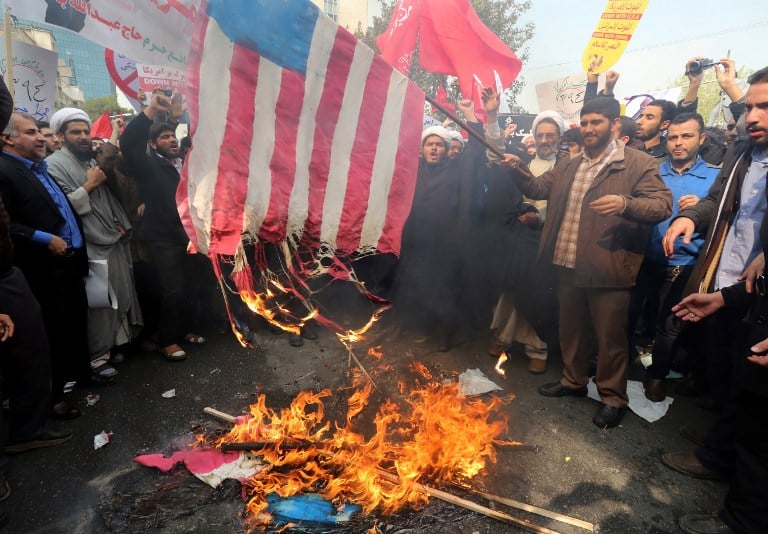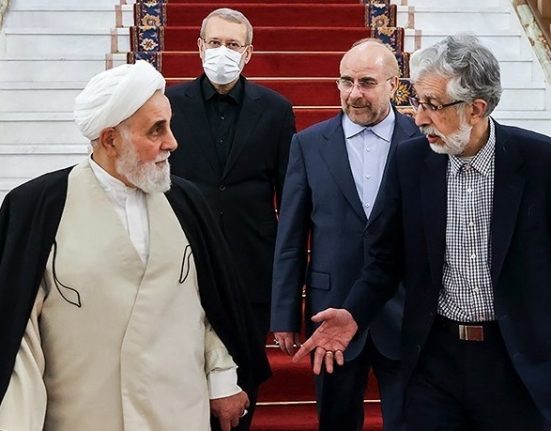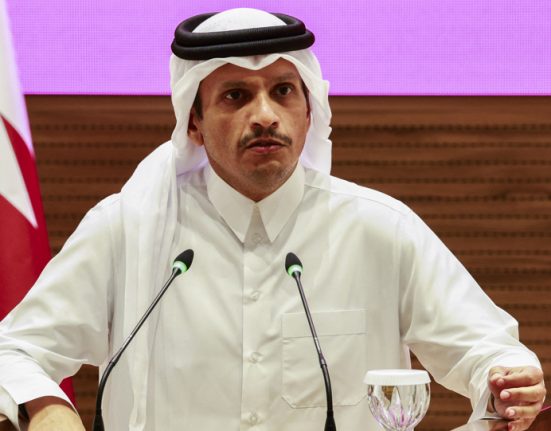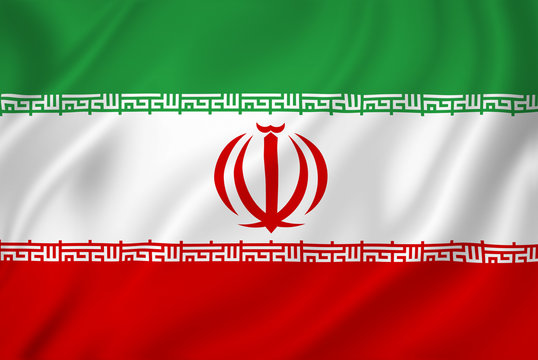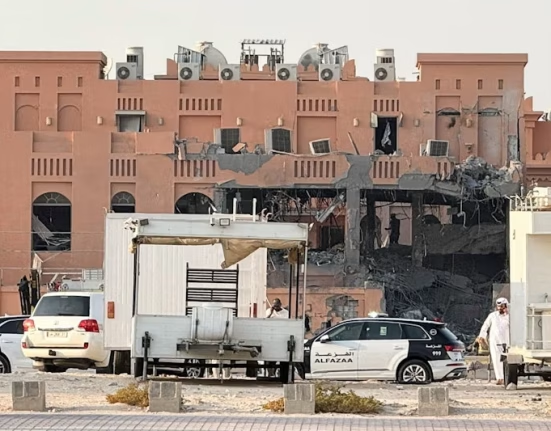Tensions between the United States and the Islamic Republic of Iran have taken a dramatic turn as members of Iran’s Parliament were seen burning the American flag and chanting “Death to America” during a heated legislative session. The provocative display, which has gone viral across international media platforms, has triggered widespread concern about Iran’s posture on global security and its deteriorating relations with Washington.
According to footage and reports circulating from Tehran, some lawmakers went as far as issuing verbal threats suggesting the potential use of a nuclear weapon against the American homeland—an alarming rhetoric that has drawn sharp criticism from international observers and Western governments alike. Though the Iranian government has not officially adopted such a stance in policy, the incident inside the parliament is being interpreted by analysts as a reflection of rising extremism within certain factions of the country’s political establishment.
The fiery protest follows mounting pressure on Iran over its controversial nuclear programme, which has remained at the centre of diplomatic tension for more than two decades. While Tehran continues to insist that its nuclear ambitions are for peaceful energy purposes, repeated violations of enrichment limits set by the now-defunct Joint Comprehensive Plan of Action (JCPOA) have cast serious doubts on the regime’s intentions.
The symbolism of burning the American flag—a gesture widely regarded as hostile and inflammatory—underscores the level of animosity still brewing within Iranian hardline politics. The chants of “Death to America,” long a staple in Iranian state rallies since the 1979 revolution, took on a new level of seriousness when combined with explicit nuclear threats, however rhetorical they may be.
Commentators in Washington and across Europe are now revisiting questions about Iran’s threat level, particularly in the context of regional instability and the Islamic Republic’s history of supporting proxy groups in the Middle East. Some foreign policy experts have begun to argue that Iran’s internal radicalism and continued hostility toward Western nations make it more than just a regional issue—it is increasingly becoming a direct challenge to U.S. national security interests.
While the U.S. State Department has yet to issue a formal response to the latest developments, diplomatic sources say that the matter is being treated with the utmost seriousness. Efforts to de-escalate through backchannel talks may now face further setbacks, especially with inflammatory rhetoric dominating the discourse in Tehran.
As global tensions remain on edge, the international community will be closely watching how the Iranian leadership manages the fallout from this parliamentary outburst, and whether it chooses to dial down the rhetoric or double down on confrontation.

